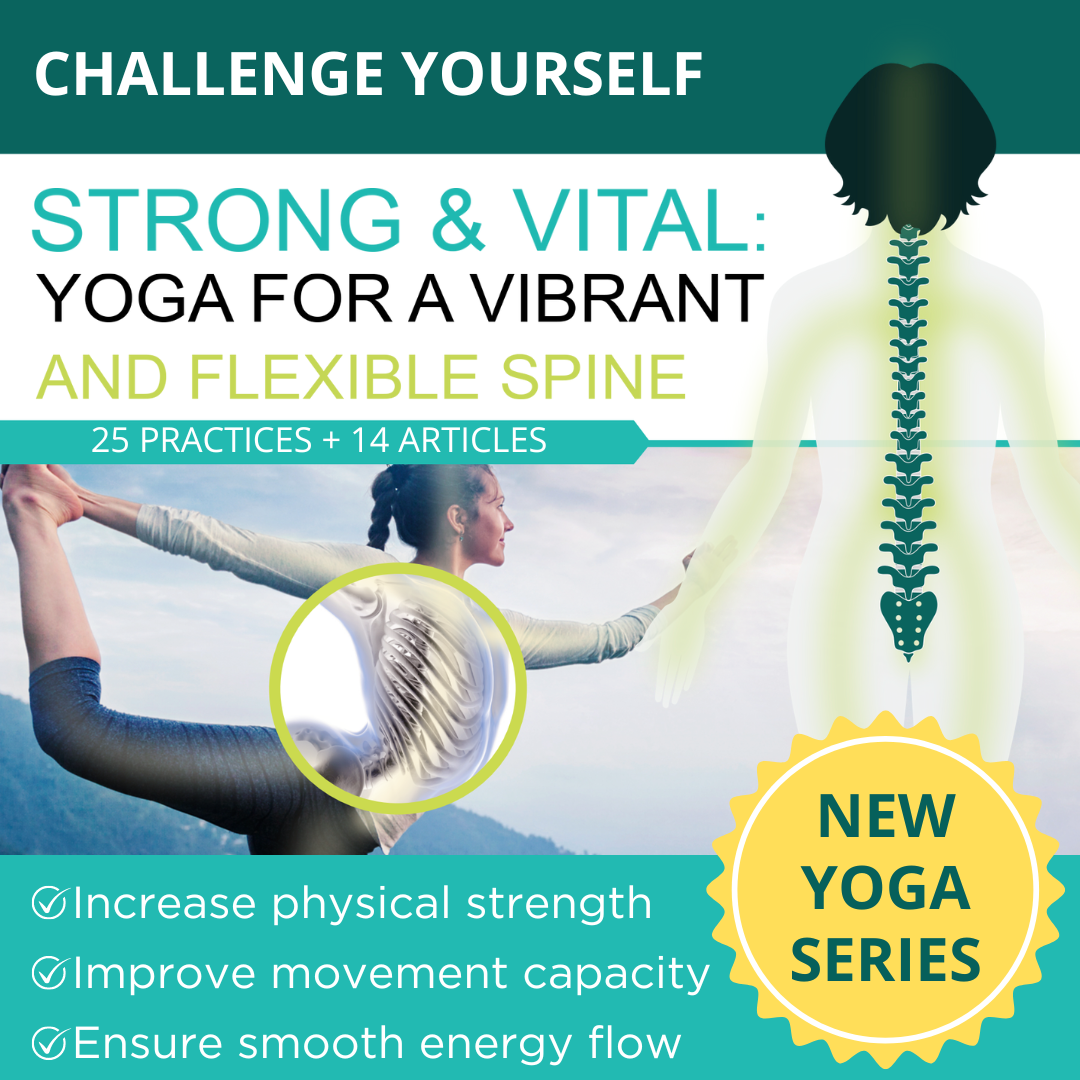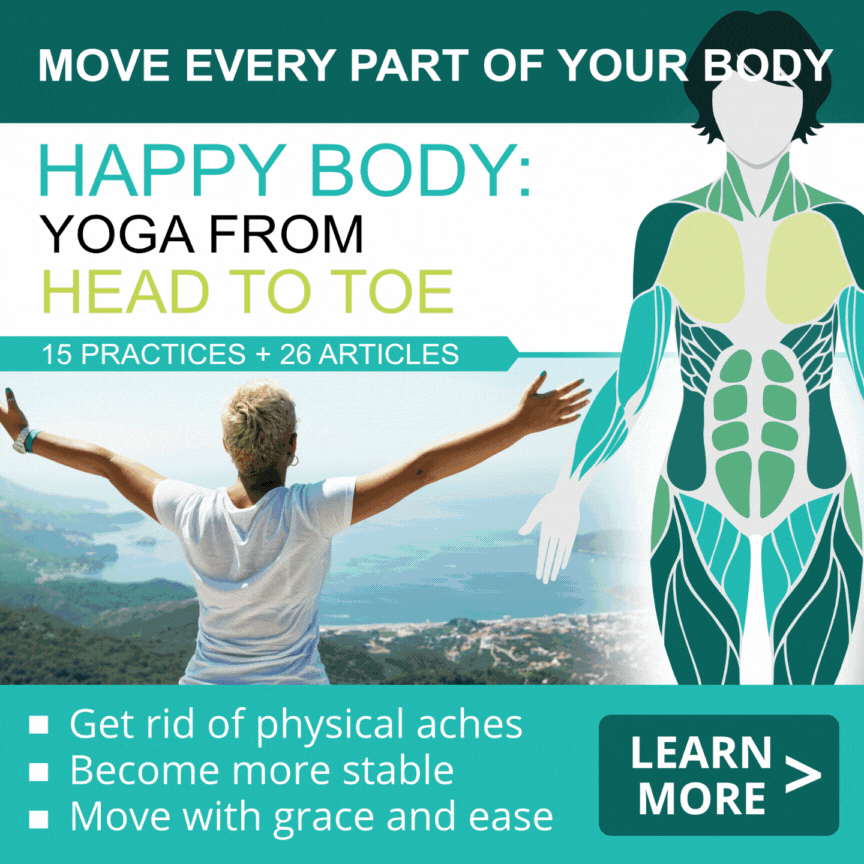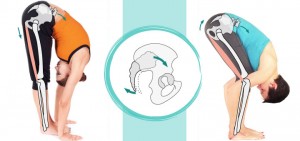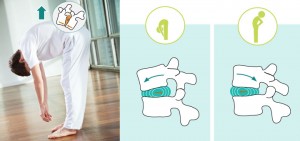How dreaming helps us get over traumatic experiences (or not)
6Have you ever had this experience when you get worked up about something one day and after a night of good sleep it seems much less dramatic? This happens because there is a built-in mechanism in our brains that enables us to “get over” our small and large dramatic events. This important and fascinating process happens while you dream – your brain separates the memory of the event itself from your emotional reaction to it. Research conducted by Dr Matthew Walker demonstrated that “through its therapeutic work at night, REM sleep performed the elegant trick of divorcing the bitter emotional rind from the information-rich fruit. We can therefore learn and usefully recall salient life events without being crippled by the emotional baggage that those painful experiences originally carried.”(1) This is a natural process that happens every night. The success of this process is determined by one very important factor – the concentration of noreadrenaline within the brain.
Normally, dream sleep is the only time during the entire 24 hour daily cycle when the production of noradrenaline (the stress chemical) in the brain is completely shut off. So while your brain is doing its job of separating the memory of the event from your emotional response to it, it happens in a completely stress-free environment. This is what makes it possible. This combination of a sufficient amount of dream sleep AND low levels of noradrenaline in the brain enables us to “get over” our strong emotional experiences.
In fact, pioneering clinical work conducted by Dr Rosalind Cartwright at Rush University in Chicago had demonstrated that we have to dream about our traumatic experiences to get over them. “Cartwright demonstrated that it was only those patients who were expressly dreaming about the painful experiences around the time of the events who went on to gain clinical resolution from their despair, mentally recovering a year later as clinically determined by having no identifiable depression.”(1) This means that it was not enough to simply dream – the contents of the dreams is important as well. It has to include “emotional themes and sentiments of the waking trauma”(1).
If that’s the case, then why doesn’t it work for PTSD (Post-Traumatic Stress Disorder) sufferers? Their nightmares seem to be replaying their traumatic experiences non-stop with the same visceral emotional reaction to them. Matthew Walker, PhD suggested that this happens because of excessively high levels of noradrenaline in their brains that prevents them from experiencing normal healing qualities of REM sleep. The brain attempts to strip away the strong emotional charge from the memory, but cannot do that because of the high stress-chemical environment. So it tries again the next night, and the next, and the next… The logical question arises – what if you were able to lower the level of noradrenaline within the brains of PTSD sufferers? Would it help to return REM sleep its healing powers? Turns out that it can be done.
When Dr. Murray Raskind began to work with veterans who were experiencing PTSD at a VA hospital in the Seattle area in 1994, it became clear to him that inability to sleep was their main concern. “And it wasn’t so much getting to sleep that was the problem; it was, once you got to sleep, you were back in a trauma nightmare, which woke you up sweaty, anxious, having to check for threats in the environment. They described it as an adrenaline storm.”(4) Dr Raskind has previously studied the brain’s adrenaline system in his Alzheimer’s research, “or more technically, what the brain’s norepinephrine system was doing in Alzheimer’s disease and it struck me that it should be perhaps explored in PTSD as well.” (4) He knew that there were only two receptors for norepinephrine in the brain: the beta receptor and the alpha-1 receptor. So he offered one of his vets a generic drug propranolol, that is sometimes used to help people with public speaking anxiety by blocking the beta receptor. Vet’s nightmares got worse. Then Dr Raskind suggested another generic drug called prazosin, usually used to lower the blood pressure, but also an alpha-1 blocker of norepinephrine. After three weeks of treatment the vet’s nightmares were going away. Finally, he was able to sleep normally and not fear going to bed anymore. It had similar effect in other veterans who tried it. Why did that happen? It turns out that prazosin suppressed the levels of noradrenaline in the brain. Prazosin was “gradually lowering the harmful high tide of noradrenaline within the brain, giving these patients healthier REM-sleep quality. With healthy REM sleep came a reduction in the patients’ clinical symptoms and, most critically, a decrease in the frequency of their repetitive nightmares.”(1)
Based on the work of Dr Raskind and Dr Walker, as well as other large-scale independent clinical trials, prazosin has become the officially approved drug by the VA for the treatment of repetitive trauma nightmares. It had also received approval by the FDA for the same benefit. Of course, it doesn’t work the same for everyone and it hasn’t been studied for other types of trauma, but it is a great start.
The implications of this research for us as yoga teachers and yoga therapists are huge. Most of us are trying to get over something – experiences big and small, and this research gives us the blueprint for doing this kind of work. Here are some of the strategies that we can employ for ourselves and our students:
- Allowing enough time for sleep and using yogic techniques to improve the quality of sleep.
- Bringing our emotional wounds to the front of our awareness so that our brains could deal with them during the dream state. It can mean journaling or talking about our own troubles or creating a safe space for our clients to share their stories.
- Working on separating our memories of the event from the emotional charge associated with it through our yoga practice (meditation works great for that).
- Choosing to look at our nightmares as a brain process that is attempting to help us get over our traumatic experiences.
- Using yogic stress management techniques (specifically langhana techniques, and specifically pranayama) to try to lower the levels of chronic stress and as a result, circulating levels of noradrenaline.
At the same time we have to be very aware of our own limits of expertise if we begin to work with a student who had experienced serious trauma. It is not enough to have good intentions – we need to seek additional training and work closely with other health professionals who are treating the student.
Next week we will begin the conversation about what factors might be messing up your sleep and what we can do to remedy that. Tune in!
[jetpack_subscription_form]References
- Why do we sleep: Unlocking the Power of Sleep and Dreams by Matthew Walker
-
The Twenty-four Hour Mind: The Role of Sleep and Dreaming in Our Emotional Lives by Rosalind D. Cartwright
-
Prazosin for the Treatment of Nightmares Related to Posttraumatic Stress Disorder: A Review of the Literature by Stephen M Hudson, etal.
-
The End of the Nightmare by Ann Hedreen





















Dear Olga,
I have read that vipassana meditation practice has helped several vietnam vets to get rid of their trauma.
With kind regards
Herman
Hi Herman! I wouldn’t be surprised at all. Do you happen to have a link to the article you’ve read? I would love to offer it here.
Dear One,
This is one of the articles I would recommend to read as a start
https://www.huffingtonpost.com/lilian-cheung-dsc-rd/mindfulness-trauma_b_1680952.html
With kind regards
I wonder if the successful, though unexplained, use of EMDR therapy for post-traumatic stress has any thing in common with this research. EMDR therapy incorporates memory-recalled trauma but utilizes a waking eye movement protocol (which makes me think of REM sleep) while remembering. It is used to help the brain get out of the endless emotional loop that trauma can lock one into. This information is fascinating and, I hope, helpful for those suffering.
Hi Mindy – how fascinating, I never heard of it. Do you know of any good articles about EMDR that I can read and link to?
Olga, I found this article in Psychology Today that offers insight into the possible connection between REM and EMDR: https://www.psychologytoday.com/us/blog/sleepless-in-america/201612/emdr-and-the-sleep-connection
For a more thorough introduction to EMDR: https://www.psychologytoday.com/us/therapy-types/eye-movement-desensitization-and-reprocessing-therapy
I encourage anyone dealing with trauma and post traumatic distress to consider EMDR therapy. It was transformative for me.